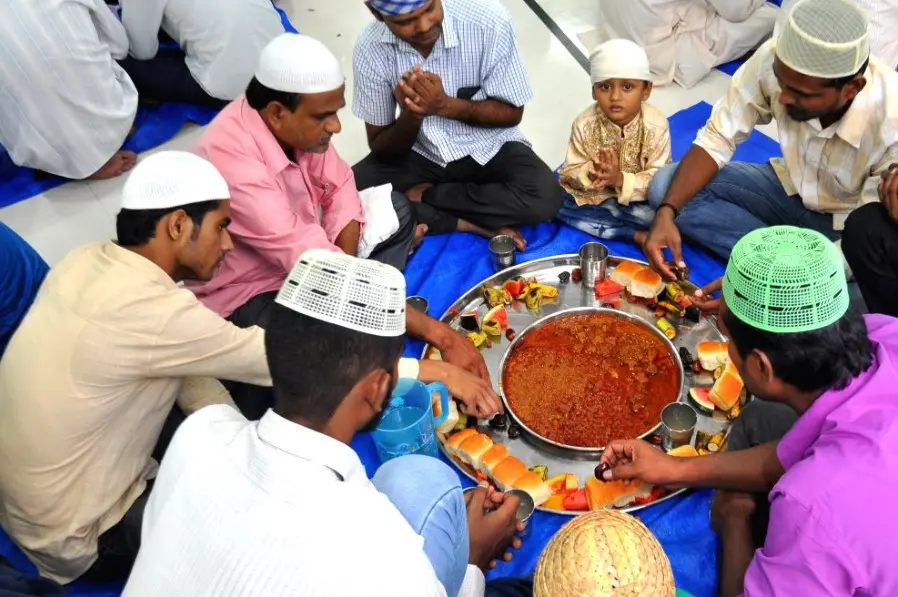 Ramadan, the holy month observed by Muslims worldwide, is not only a time for spiritual reflection, fasting, and prayer but also a period that emphasizes the importance of charity and giving. In Islam, giving is seen as an essential practice to cleanse the soul, help those in need, and foster a strong sense of community. During Ramadan, acts of charity are amplified, benefiting both the individual and the collective well-being of society.
Ramadan, the holy month observed by Muslims worldwide, is not only a time for spiritual reflection, fasting, and prayer but also a period that emphasizes the importance of charity and giving. In Islam, giving is seen as an essential practice to cleanse the soul, help those in need, and foster a strong sense of community. During Ramadan, acts of charity are amplified, benefiting both the individual and the collective well-being of society.
The Significance of Giving During Ramadan
One of the core pillars of Ramadan is the practice of Zakat, a form of mandatory charity that Muslims are required to give if they have the means. Zakat is typically calculated as a portion of one’s savings, helping those less fortunate, whether in the form of food, clothing, or financial support. Additionally, Muslims are required to give Fitrana (Zakat al-Fitr) before the end of Ramadan. This is a specific charity given to help the poor partake in the celebration of Eid al-Fitr and ensure they can enjoy the festivities without financial burdens. Beyond Zakat and Fitrana, Muslims are encouraged to give extra donations, known as Sadaqah, during Ramadan. This voluntary giving is viewed as an opportunity for personal growth, as it allows individuals to purify their wealth and increase their spiritual rewards.
The emphasis on giving during Ramadan is tied to the belief that charity fosters gratitude and humility. The act of fasting reminds individuals of the struggles faced by the less fortunate, and giving becomes a way to help alleviate some of their hardships. Many Muslims believe that during Ramadan, the reward for acts of charity is multiplied, making it an especially meaningful time to give back.
How Giving Transforms Communities
The impact of giving during Ramadan extends beyond the individual, influencing the broader community. Through acts of charity, individuals can make a tangible difference in the lives of those who are struggling. By donating food, clothing, or money, the wealthier members of society help provide for the basic needs of the poor, reducing inequality and fostering a sense of solidarity.
In many Muslim-majority countries, iftar meals (the meal eaten to break the fast) are distributed to those in need. Communities often come together to prepare large meals, which are then shared with individuals and families who may not have the means to provide food for themselves. This collective spirit of giving creates a deep sense of unity, as people from all walks of life contribute to supporting one another.
Strengthening Social Bonds Through Collective Charity
Charitable giving during Ramadan also plays a vital role in strengthening social bonds. The practice of giving is not limited to monetary donations but also includes offering time, skills, and services to others. For example, volunteers often dedicate their time to help organize charity events, distribute food, or provide healthcare services. This collective effort reinforces the sense of community and encourages mutual care and support.
The act of giving during Ramadan transcends social, economic, and cultural barriers, as people from diverse backgrounds come together with a shared purpose. By contributing to the well-being of others, individuals experience a deep sense of fulfillment, knowing they are part of a larger network of care and compassion.
The Long-Term Effects of Ramadan Giving
While Ramadan is a month-long observance, the act of giving during this time can have lasting effects on communities. Charitable initiatives often extend beyond the month of Ramadan, with organizations and individuals continuing their support for those in need throughout the year. Furthermore, the lessons learned about generosity, empathy, and social responsibility continue to shape individuals’ behavior, encouraging them to prioritize charity in their daily lives.
Conclusion
The role of giving during Ramadan goes far beyond the individual act of charity. It strengthens communities, nurtures social bonds, and helps create a more compassionate society. Through Zakat, Sadaqah, and acts of service, Muslims embody the values of charity and generosity, making a lasting impact on the lives of those in need and contributing to the spiritual and social fabric of the community.
Also Read-Protecting Yourself on the Road: Essential Tips for Safe Driving and Accident Preparedness